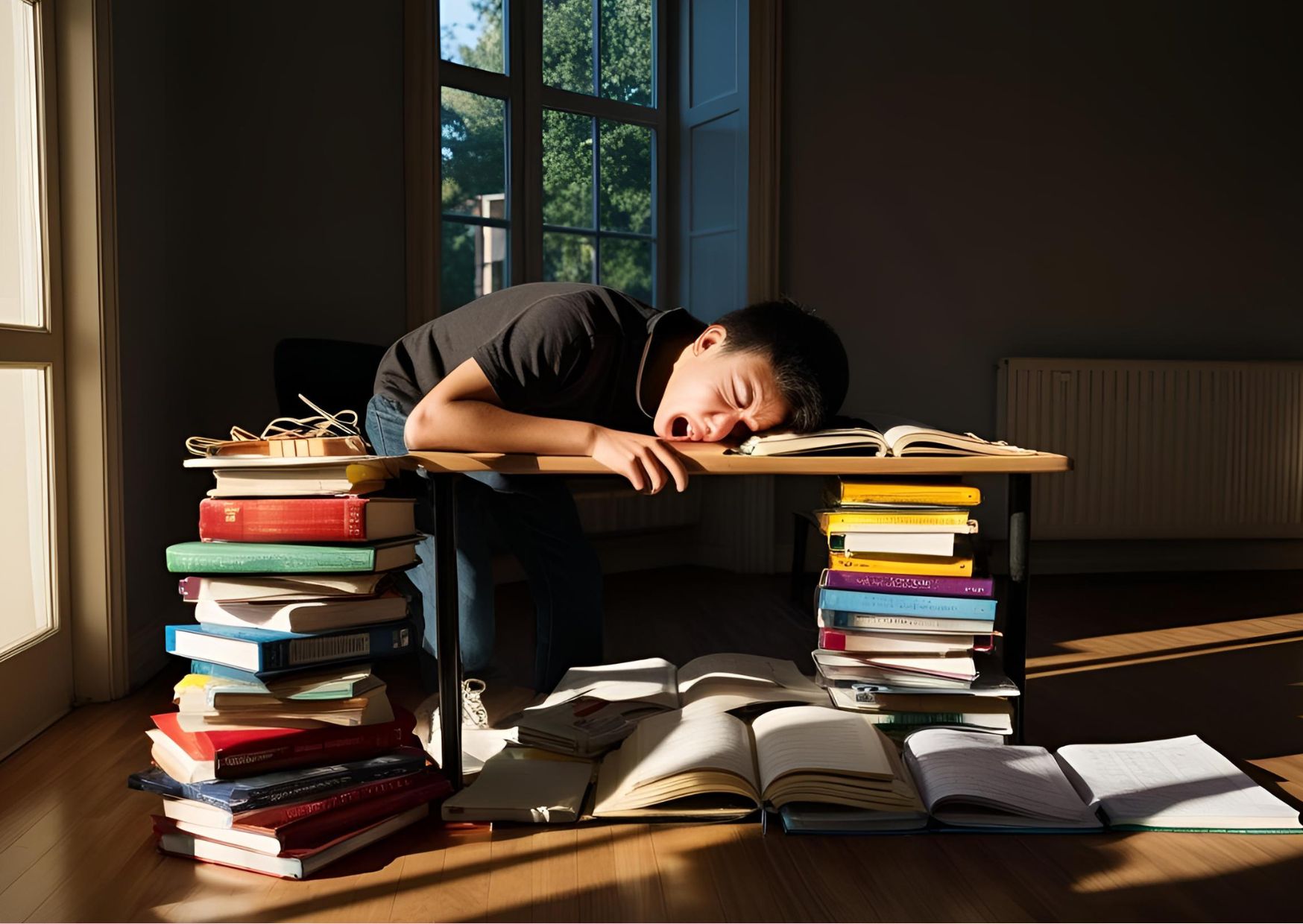Psychological Effects of Sleep Deprivation on Your Mental Health
Sleep deprivation affects one in three adults worldwide, and clinical insomnia rates have doubled since the pandemic started. Americans struggled even more with their sleep during COVID-19. The numbers tell a concerning story – 56% reported sleep issues, which jumped to 70% among people aged 35-44 years.
Quality sleep plays a vital role in maintaining good mental health. Poor sleep creates a troubling cycle that damages psychological well-being. Research shows people who don’t get enough sleep react more negatively to stress and experience fewer positive emotions. The numbers paint a clear picture – 75% of people with depression show signs of insomnia. U.S. veterans face an even bigger challenge, as 90% of those with combat-related PTSD struggle with sleep problems.
This piece gets into how poor sleep affects your mental health and the deep connection between sleep deprivation and psychological well-being. You’ll find early warning signs, understand long-term risks, and learn practical ways to break the sleep-stress cycle.
Understanding Sleep Deprivation Basics
“Sleep is the single most effective thing we can do to reset our brain and body health each day — Mother Nature’s best effort yet at contra-death.” — Matthew Walker, Professor of Neuroscience and Psychology at UC Berkeley
Sleep deprivation happens when you don’t get enough quality sleep or sleep long enough. The Centers for Disease Control and Prevention reports that almost 40% of adults fall asleep without meaning to at least once every month.
What counts as sleep deprivation
Sleep deprivation shows up in many ways. Some people stay awake instead of sleeping, while others spend time in bed but get poor quality sleep. Poor sleep can also mean sleeping at the wrong times, missing out on certain types of sleep, or having sleep disorders that prevent restful sleep.
Sleep disorders affect 50 to 70 million Americans chronically. Sleep specialists make a clear distinction between acute sleep deprivation – going without sleep for a day or two, and chronic sleep insufficiency – regularly sleeping less than what your body needs.
Why modern life disrupts sleep
Our sleep patterns have changed dramatically over the last several years. Studies show we’re sleeping about 2 hours less each night, and the number of people who sleep less than 6 hours has grown by about 6% since 1985.
Here’s what’s causing these disruptions:
- Artificial light, which arrived just 140 years ago, has completely changed how humans sleep
- People work longer hours and spend more time on tech-based entertainment
- Electronic devices give off blue light that messes with our natural sleep cycles
- Today’s 24/7 society puts work and social life ahead of proper rest
The sleep-brain connection
Sleep is vital to how our brain works and affects our mental health. Different stages of sleep support various processes that keep our minds healthy. Quality sleep helps:
- Brain cells regenerate in the cerebral cortex
- New memories take shape
- New connections form between brain cells
When you don’t get enough sleep, your brain cells start to misfire and your thinking suffers. Research shows that NREM sleep lets neurotransmitters like norepinephrine, serotonin, and histamine “rest” and become responsive again. Sleep also lets enzymes repair brain cell damage from free radicals – something that can’t happen properly when you’re sleep-deprived.
Sleep and brain health work both ways. People with mental health conditions often have sleep problems, and poor sleep can trigger or make psychological problems worse. Research proves that getting enough quality sleep at the right times is vital to mental health, physical well-being, and staying safe.
Suggestion for read: Why Physical Activity Is Your Brain’s Best Friend
Early Warning Signs of Sleep Loss
Small changes in emotional stability and cognitive function often show when someone isn’t getting enough sleep. These warning signs tell us that our brain needs more rest.
Changes in mood and emotions
Sleep loss affects emotional well-being faster by disrupting the brain’s emotion-processing centers. Research shows that even missing some sleep can affect how we control our mood. A University of Pennsylvania study found that people who slept only 4.5 hours each night for a week felt more stressed, angry, sad, and mentally exhausted.
The amygdala, which processes emotions, becomes extra sensitive when we don’t sleep enough. Scientists found that there was increased amygdala hyperlimbic reaction from lack of sleep, which makes us react more strongly to negative emotions. This guides us to:
- Get irritated more easily and become short-tempered
- Feel more vulnerable to stress
- Process emotional information poorly
- Have trouble with social judgment and interactions
People who don’t get enough sleep find it harder to control their emotions because the connection between their medial prefrontal cortex and amygdala weakens. The brain then loses its natural way to reset emotional reactions, which causes inappropriate responses.
Impact on daily thinking
Not getting enough sleep is a big deal as it means that our cognitive abilities suffer. Studies show how sleep deprivation affects everything in our daily mental functioning:
Memory and Learning: Missing sleep directly hits the hippocampus, a brain region we need to form new memories. This especially affects older adults, who have more trouble remembering things the next day.

